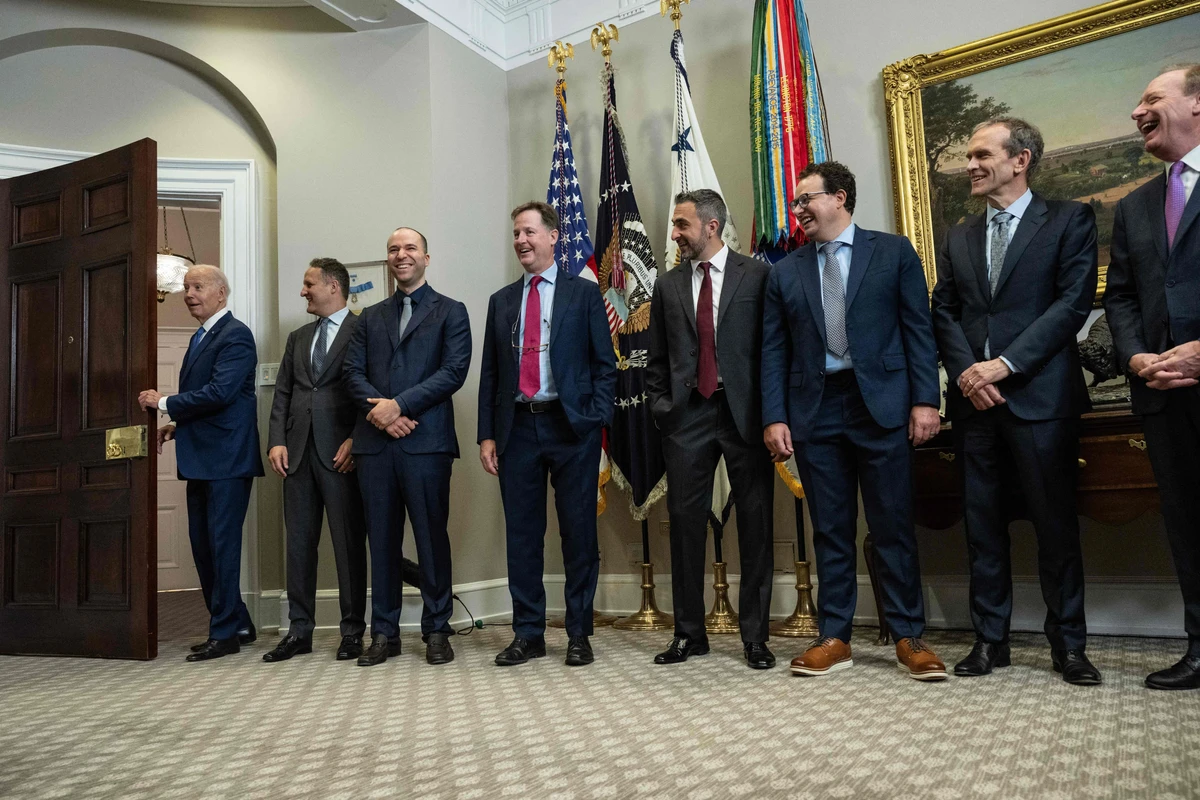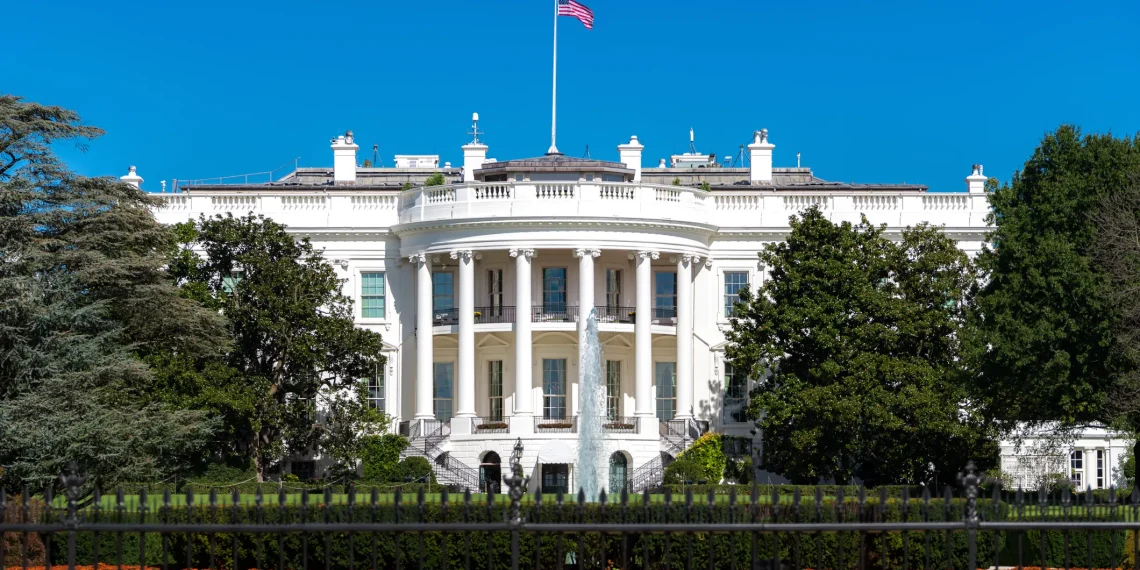The White House announced measures to ensure federal agencies using artificial intelligence (AI) adhere to safeguards by December 1, aimed at protecting Americans’ rights and safety.
The Office of Management and Budget issued a directive requiring agencies to monitor AI’s impacts on the public, mitigate algorithmic discrimination risks, and provide transparency into AI usage.
Agencies must conduct risk assessments, establish operational metrics, and enforce governance standards. Detailed public disclosures about AI usage will inform citizens of government AI applications.

President Joe Biden‘s executive order invoked the Defense Production Act, mandating developers of AI systems posing risks to national security, economy, or public health to share safety test results with the government before public release.
Safeguards ensure air travelers can opt out of Transportation Security Administration facial recognition without delay. In federal healthcare, human oversight is required for AI-supported diagnostic decisions to verify tool accuracy.
Generative AI’s potential, including text, photo, and video creation, prompts concerns about job displacement and election interference. The White House mandates agencies release inventories of AI use cases, report metrics, and share government-owned AI assets if deemed safe.

Federal AI applications include FEMA assessing hurricane damage, CDC predicting disease spread, and FAA optimizing air traffic in major cities.
The White House plans to recruit 100 AI professionals to promote safe AI use and appoint chief AI officers in federal agencies within 60 days.
Additionally, the administration proposed “know your customer” rules for U.S. cloud companies to prevent foreign access to data centers for AI model training.


















